|
On the sept-place (seven-seat station wagon) we crammed into for the ride from Dakar to Saint-Louis, three women sat in front of us wearing traditional wraps of fine printed fabrics in yellow and pink, with headscarves that they kept tidying in the wind. As the car rumbled to a start, they turned around and plopped clementine oranges in our laps. They also passed back butter cookies to share. It was a moment of kindness that softened our pokey seats. I offered the women our chocolate wafer cookies in return, and they accepted. Later, when a young boy came to our window with his hand held out, I gave him another orange that I had brought with me. Because the women gave me a clementine, I had an orange to give to the boy. It was a simple equation of generosity that makes being human seem so straightforward.
It’s the sum of these little human exchanges that I think makes public transportation possible in Senegal. The sept-place really only have room for six adults, but are sometimes filled with eight or nine. The Mercedes taxis we take have no resemblance to the upper-class cars driven in the U.S. They’re stripped to their metal bones, with no working instruments at all in the dash, doors that can only be opened from one side, and windows that won’t open. Some must be pushed to start—but whoever is standing nearby always seems to lend a hand. The larger mini-buses that are packed with 20 to 30 adults, sitting thigh over thigh, fill with heat and dust as they teeter-totter along the pot-holed roads. But perhaps the best part of traveling in Senegal has been bouncing along in these rattletraps. Though tiring and challenging, traveling in the local buses and taxis shows me how the Senegalese people relate to each other and to us, the dust-covered foreigners who have messy hair and speak bad French. For example, it’s thanks to two college math teachers, Omar Diagne and Mbaye Ndao, whom we met in the dark back of a bread delivery truck/taxi, that we easily negotiated the changes between the six different unmarked taxis, buses, and ferries that it took to get between Palmarin and Foundiougne in the country’s Sine-Saloum Delta. Another man named Etienne Dogue, who works for Heifer International in Senegal, was traveling home for Christmas to a village nearby Foundiougne with his wife Fatou and boisterous baby boy, Laoo. Etienne showed us the way to our hotel and invited us to his village on our next visit. Many other people have pointed us to the right vehicle, made room for us and our bags, told us where to get off, and wished us a “bonne continuation” of our journey. As we’re left on the side of the road, wondering what to do next, we watch our ride sputter away in a haze of exhaust, fueled by humility, humor, and so much kindness. It’s usually only a minute or two before someone asks us where we’re going and tells us how we can get there.
5 Comments
From Saint-Louis, a crumbling French colonial outpost that was the capital of Senegal until 1957, we took a day-trip north to the Parc National des Oiseaux du Djoudj. Birds come by the millions each winter to nest and feast in the park's wetlands along the Senegal river. Our Senegalese guide, Djibi, helped us identify some of the 400-plus bird species that have been spotted here. A sign above the dock where we hired a pirogue (a small motorized boat) said, “Bienvenue l’Embarcadère du Djoudj, ou le Pelican est Roi.” Welcome to the Pier of Djoudj, where the Pelican is King.
Our pirogue driver cruised us along a wide river through the pelicans’ 40,000-acre kingdom. An alert kingfisher with crisp black and white wings and a dagger of a beak stood guard near the dock. A few white pelicans floated nearby, looking confident with their wings lifted just a little bit, like swans. Another flock zoomed above us in an elegant arrow. Further along, a group of white-breasted cormorants, in charcoal-colored coats with creamy cravats, rested in a dead tree. And in the water, hundreds of cormorants swam with just their long necks sticking above the surface. They would dive down together in a wave and a few would come back up holding a wriggling meal. We also saw anhingas with serpentine necks, bright green bee-eaters, and osprey soaring high above. A fish eagle in a white hood with a brown body, similar to a bald eagle, overlooked it all. As we picked up speed, I looked back and watched as about a dozen terns flew right behind us, fishing for minnows churned up in our wake. After about a half hour, we reached the pelicans’ palace. It was an artificial island, created by park employees as a predator-free sanctuary for the birds. On it sat thousands of pelicans, wing to wing, a squawking sea of giant beaks and white feathers. The smell was overwhelming. Our guide, Djibi, told us that the birds were nesting. They arrive around November and leave around April with hundreds of offspring. The pirogue driver turned off the engine, and we sat and listened to this royal family's raucous music. One of the highlights of our cruise around the island nation of Cape Verde was a visit to a guitar-maker's shop in Mindelo, on Sao Vicente. Here, four brothers, the Baptistas, stood in the half-light of a small shed and played the sweetest melodies for us (video above). They were all brothers of Bau, a Cape Verdean musician who plays internationally, and sons of a famous guitar-maker.
The Baptista brothers have carried on their father's trade. The owner of the shop, Luis, explained how they soak pine wood in water to form the instruments' graceful curves. Then, at the nudging of our guide, whom you can see dancing near the end of the video, Luis played us a song. The music seemed to capture the easy-breezy languor of the island life. Men from around the neighborhood leaned in through the windowsill of the workshop. Another man draped his arm over the door. A small dog wandered into the room and curled up for a nap. The song the men sang was called "Soldade," by famous Cape Verdean singer Cesária Évora. She's also called "the barefoot diva" for her habit of singing without shoes on--and for her lack of pretension even as she achieved world renown. Évora is particularly famous for her mornas, songs that give voice to an emotion called saudade. This word has no direct translation in English, but as I understand it, saudade is a feeling of deep longing for someone or something that is forever gone. It's the ache that pools in your chest when you truly miss someone. Throughout the Cape Verde islands, I saw cafés, bars, and even convenience stores named "Sodade" or "Saudade." Our guides also talked about this emotion with passion, explaining that it is an essential part of life in Cape Verde, where so many people have left to search for a better existence in the U.S. or in Europe. I've thought about what is means to be able to collectively share this yearning feeling of sadness or melancholy--how it makes it less lonely and less dark. Through music, this heartache becomes a kind of bittersweet celebration. 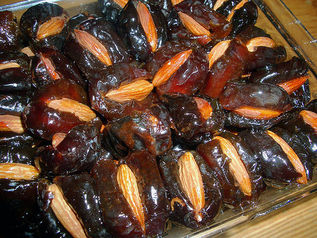 Photo of almond-stuffed dates courtesy of Alexander Becker. At the airport in Casablanca, Morocco, I saw a family, mostly women and children, waiting outside the baggage claim area. The women were covered in the traditional jelaba (loose hooded caftans) and headscarves in royal blue, lavender, and rose. Beside one of the women sat a tray with two delicate tea cups and saucers printed with flowers. There was also a decanter of what looked like milk and a plate of fruit wrapped in plastic and tied with a ribbon. As the group waited, one of the older women rearranged the cups and stuffed them with white paper napkins that she carefully puffed up like petals. A white-haired and -bearded man wearing a jelaba and Muslim kufi cap walked past customs and through the door. The women rushed toward him in a wave and made a celebratory ululation, a call that sounds a bit like the trilling ring of a high-pitched phone. Suddenly there were kisses all around, one for each cheek. The women started singing a song together. All this happened before the man had even fully exited the gate into the terminal. Out came the china cups, and the plate was unwrapped—the careful arrangement undone so quickly. The woman with her head covered in the royal blue scarf offered the treats on the plate to the whole family. Then to my surprise, she and a younger man walked around to all the strangers in the surrounding waiting area, including me, and offered what I could now see were plump dates. Mine was stuffed with large almonds. It was caramely and crunchy. In French, I asked the woman what this occasion was all about. She said that her father had just returned from Mecca (a trip there is one of the five tenants of Islam, but only if the family can afford it). The young man asked, “C’est bon?” about the date. “Oui! Oui! Merci!” I said. What I did not say is that as I ate it, I felt that I had been made part of their celebration and even their family in a small, sweet way. Later that afternoon, I could still feel that family's joy filling my stomach with warmth. |
Archives
July 2012
Categories
All
|
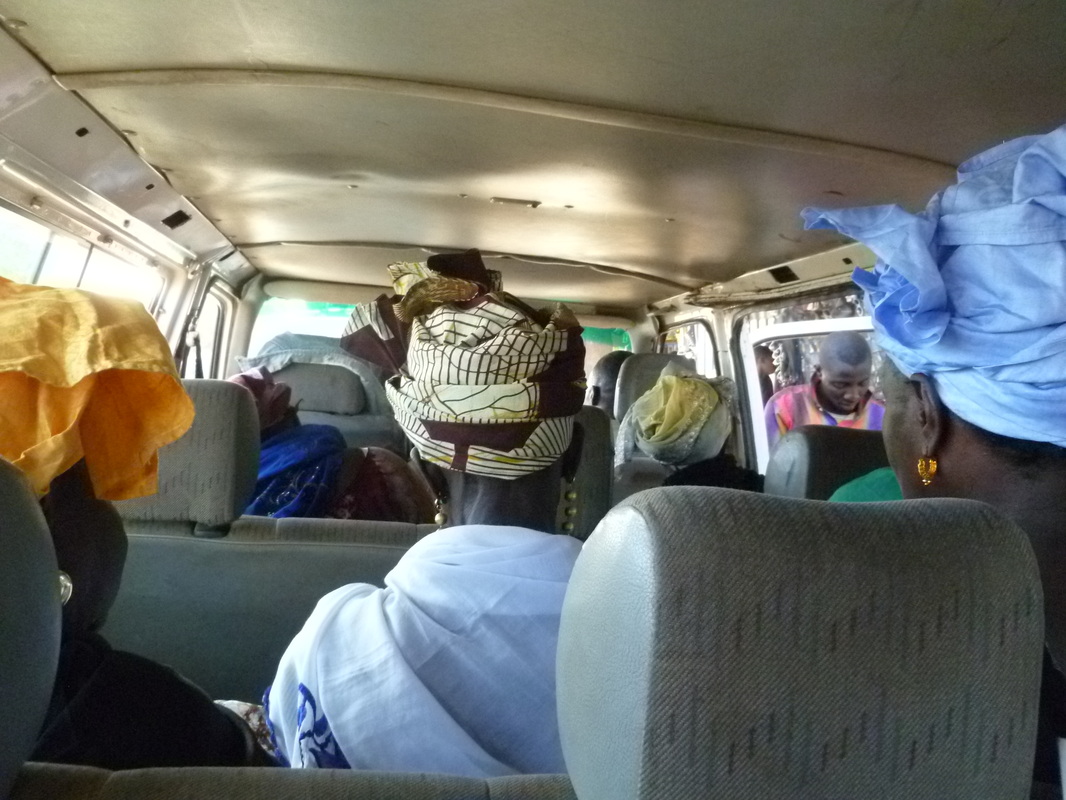
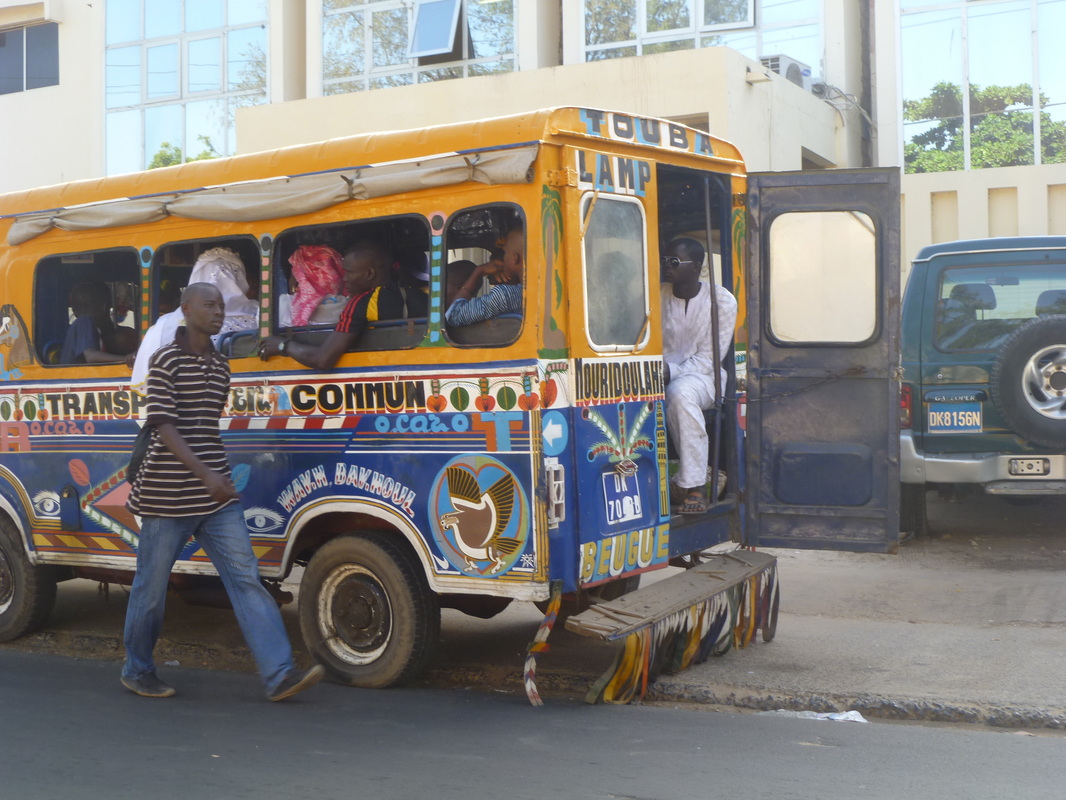
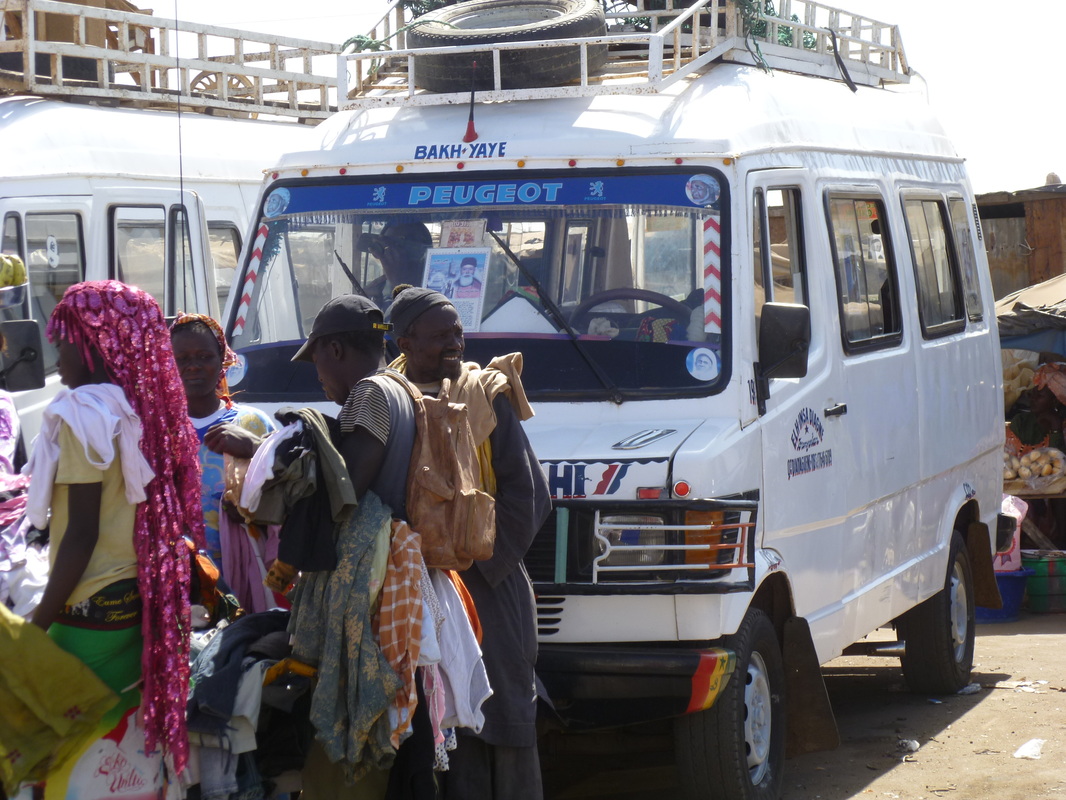
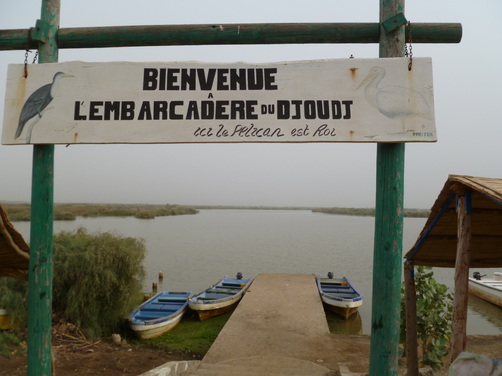
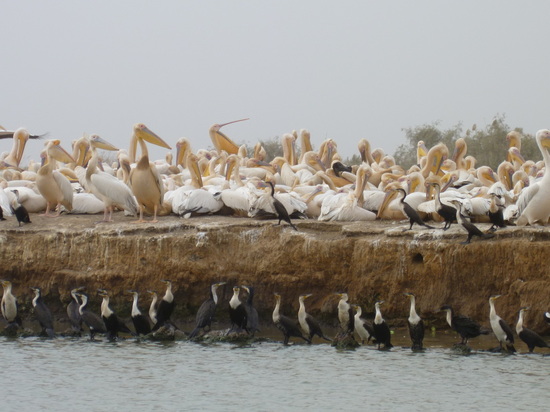
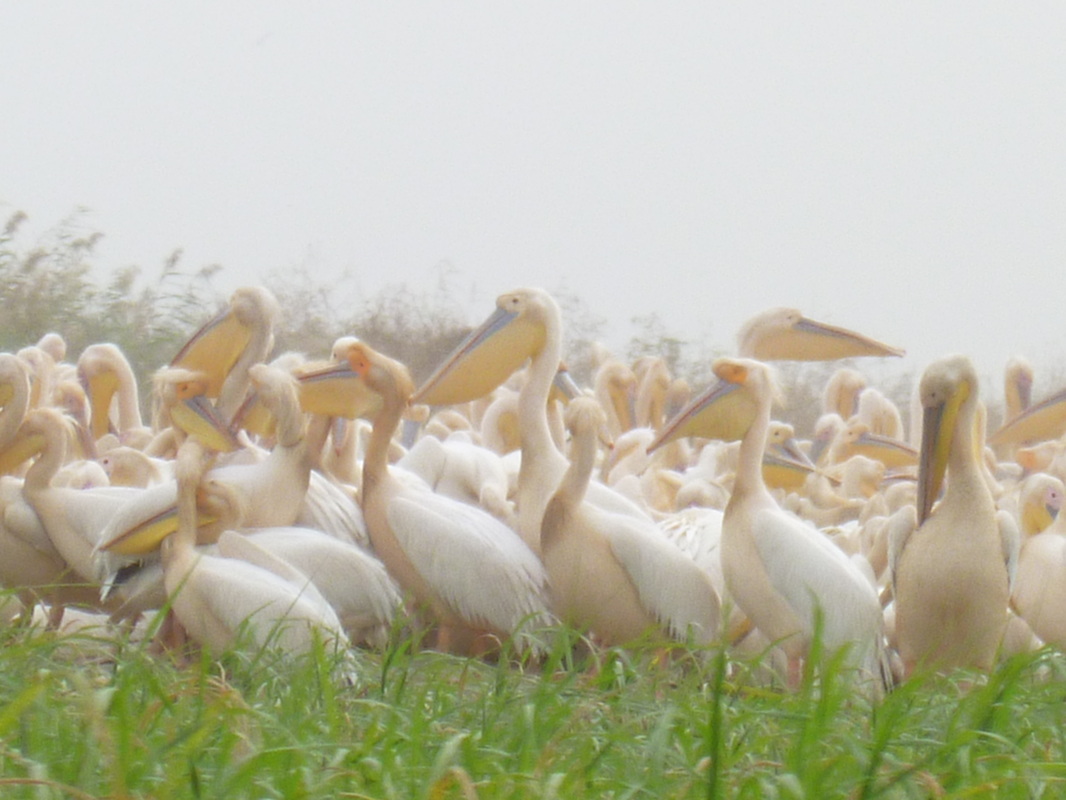
 RSS Feed
RSS Feed